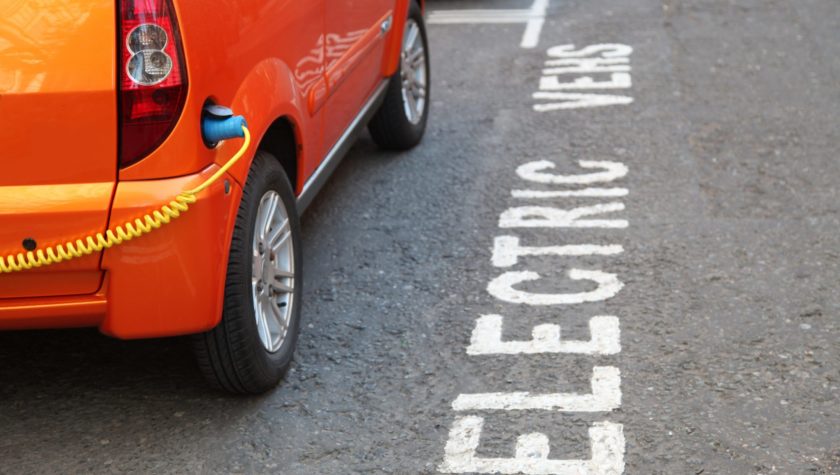After 100 years of incremental change, we are on the cusp of a revolution on our roads. The age of the internal combustion engine is being consigned to history, but all too slowly. Today vehicles contribute to 80 per cent of air pollution breaches in the UK.
The Times’ Clean Air For All campaign is a welcome rallying cry for action. The manifesto demand that sales of new diesel and petrol cars should be banned by 2030 is the right target and it can be achieved. In fact, the National Infrastructure Commission, in its first published assessment of Britain’s needs to 2050, set out the precise steps required to make reaching that goal credible and acceptable.
Electric vehicles (EVs) are going mainstream: there was a 21 per cent increase in sales of electric and hybrid vehicles last year. But as EVs become cheaper and more attractive, we need to have the infrastructure in place to encourage drivers to make the switch. The biggest barrier is “range anxiety” — the entirely natural fear of being left powerless and stranded without a socket in sight.
The Chancellor has promised to respond to the Commission’s assessment with the government’s own strategy at the spending review this autumn. Charge points are already being built across Britain, growing from 2,880 in 2012 to 14,160 in 2017. But this is still not fast enough. To allow for 100 per cent of new electric sales by 2030, the core network needs to be in place for the early 2020s.
The government hasn’t been sitting on its hands. In 2017, it announced a £400 million charging infrastructure investment fund, including £200 million from the private sector, but this has yet to get under way. More direct and ambitious action is needed to jump-start the change. That means subsidising the provision of rapid charging points in rural and remote areas by 2022, meeting the need where the market will not deliver in the short term; getting local authorities to identify where chargers could most usefully be provided and making the spaces available for them; and it means Ofgem removing barriers to connecting to the network.
Over the next 30 years heavy freight transport in the UK is expected to increase by between 27 and 45 per cent. Road transport produced 32 per cent of total nitrogen oxide pollution in 2017, with HGVs and vans making up 46 per cent of the sector’s contribution.
Ministers need to take decisive action now to encourage change, clean up our air and charge up Britain.
Bridget Rosewell is a Commissioner for the National Infrastructure Commission
This article first appeared in The Times




